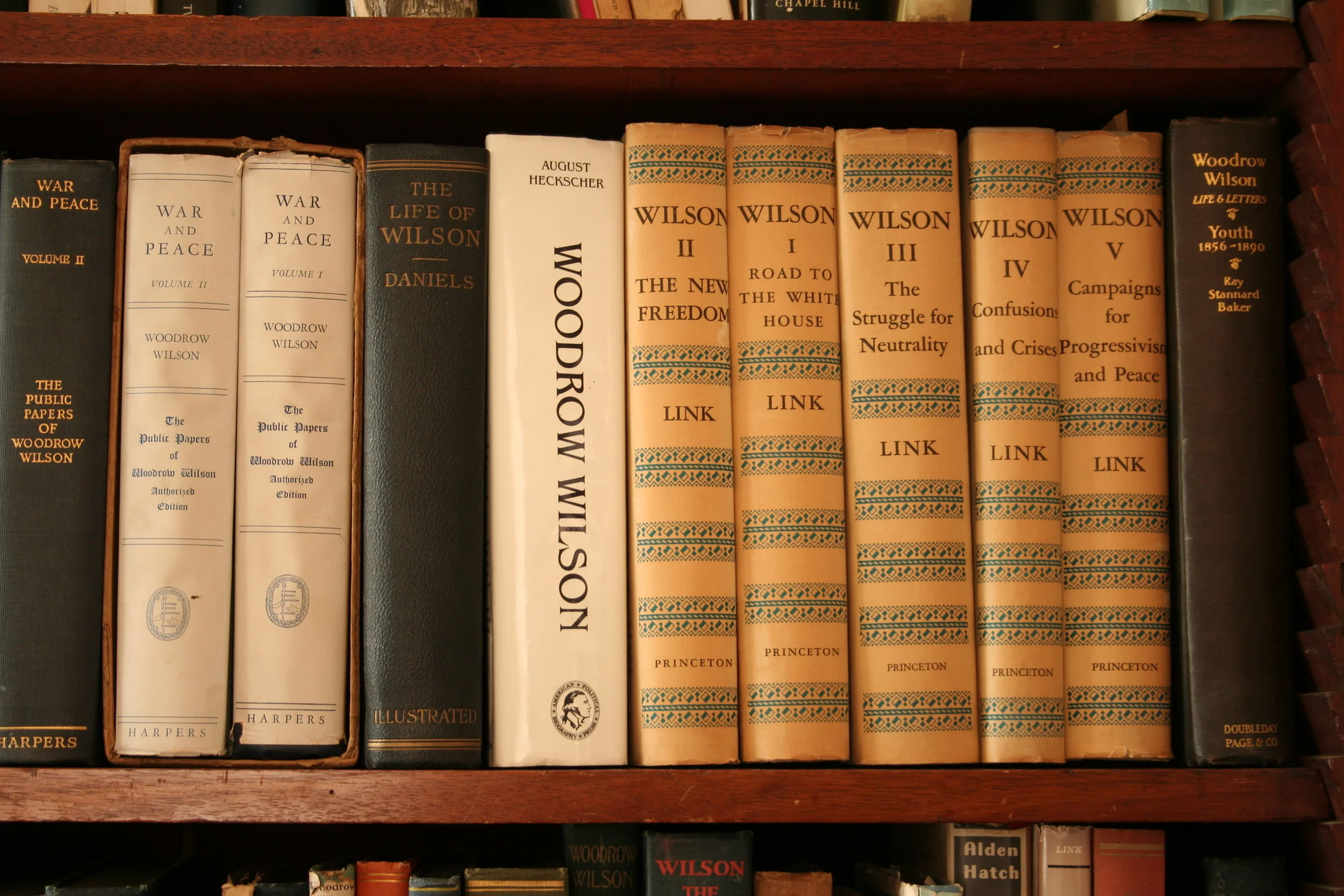A Puckish Grin
/Puck started as a weekly German-language magazine in 1871 in St. Louis. Its founder, Joseph Keppler, was an Austrian born cartoonist. The political satire and commentary in Puck is typical of prominent publications in Europe at the time, such as Punch in England or Ulk in Germany. After faltering, the magazine switched successfully to English in 1877 and ten years later moved to New York City to take up residence in the large Puck Building.
Part of the success of the magazine rested on the fact that they were the first to successfully publish advertisements and cartoons with full-color lithography each week. This made for a dramatic, colorful look that had not been achieved by anyone else.
Newspaper cartoonists like Clifford Berryman and other commentators were already discussing the upcoming elections and who would be contending for the party nominations as early as mid-February of 1912. Though Puck, like most others, was slow to mention Woodrow Wilson.
No one was really prepared for the dramatic Democratic convention in Baltimore in June of that year. People did understand, however, that with Teddy Roosevelt and his supporters openly fighting with Taft after the recent Republican convention, the Democrats really did have a chance of winning the presidency. In the fight, Champ Clark lost the support of William Jennings Bryan, who in turn lent his support to the unknown Wilson after failing to win the nomination for himself. The popular Puck responded with a picture of the surprise runner from the Democratic side to let the public know who they were dealing with.
Puck suddenly had an easily-recognizeable politician that they could lampoon almost as much as Teddy Roosevelt.
Not only did Wilson have that long face, strong jaw, and tiny glasses, he also held serious, idealistic beliefs about coming in and changing Washington that were easy to laugh at.
People did not really know what to think about the whole situation until it was clear at the end of the summer that Roosevelt was going to run with the Progressive Party. Shortly afterwards, Maine had an early election for their representative and suddenly everyone was thinking about the upcoming presidential election.
Once Woodrow Wilson was elected president, Puck homed in on the promises he had made for tariff reform and consumer protections, making their skepticism clear. Their jokes were not enough to attract the public, though, in the years of the Wilson administration. Puck closed for good in 1918, a victim of cheaper pulp formats of magazines.











